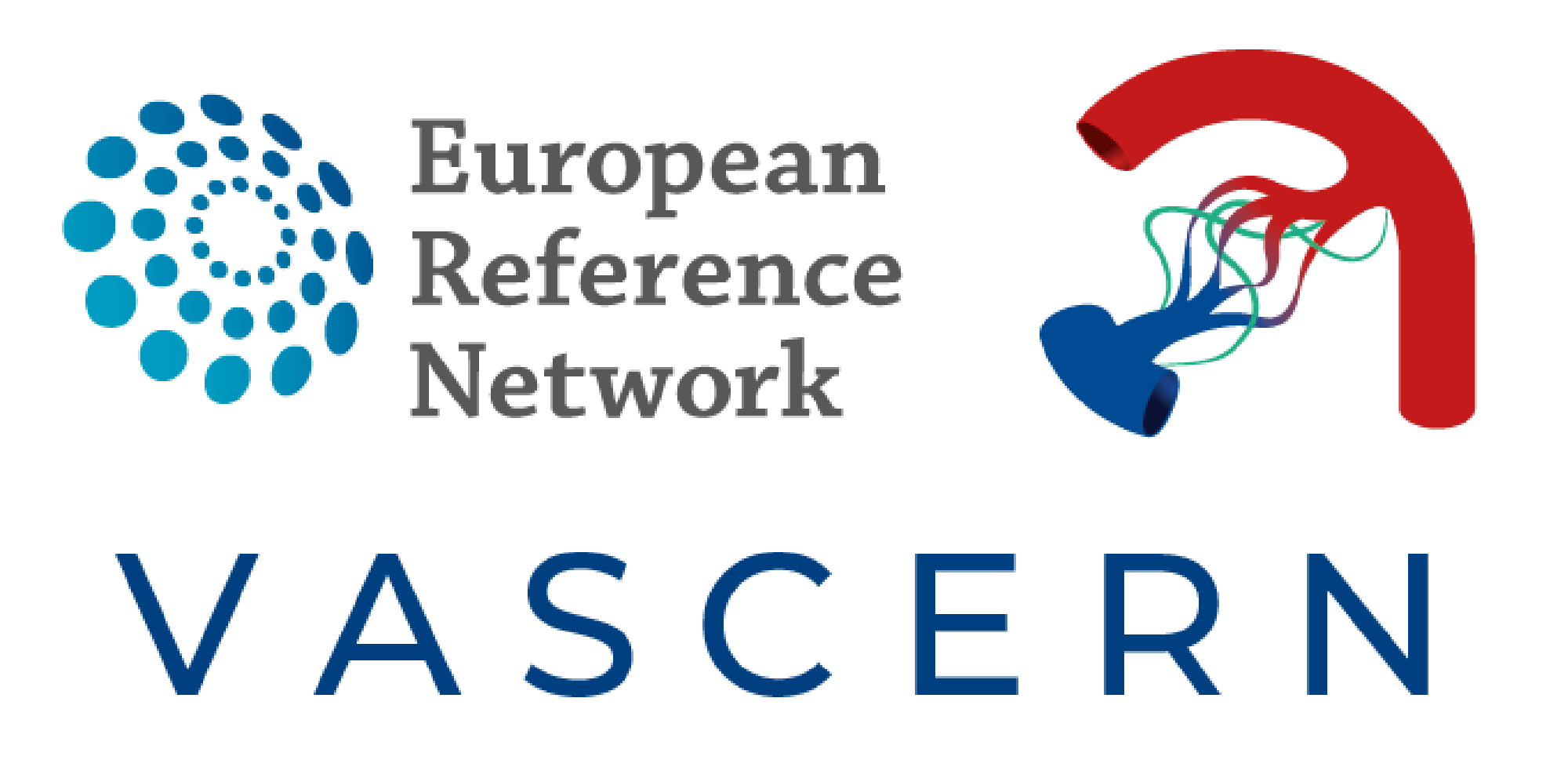
A new collaborative research paper entitled SMAD3 pathogenic variants: risk for thoracic aortic disease and associated complications from the Montalcino Aortic Consortium has just been published in the Journal of Medical Genetics. It is co-authored by members of the VASCERN Heritable Thoracic Aortic Diseases Working Group (HTAD-WG) including Prof. Julie De Backer (Chair of HTAD-WG) and Prof. Guillaume Jondeau (Co-Chair of HTAD-WG).
Read the full abstract of the article here
Mutations in
the SMAD3 gene are known to cause heritable thoracic aortic
disease (a group of disorder with as a common denominator a risk for thoracic
aortic aneurysms and dissections) but can also lead to aneurysms of the
abdominal aorta and other arteries.
In this study, 212 individuals were recruited through the International Montalcino Aortic Consortium and their unique SMAD3 pathogenic variants were analysed along with their risk for aortic events.
Patients with SMAD3 mutations were found to have a later age of onset of aortic events, when compared with patients with TGFBR1 andTGFBR2 variants (other HTAD genes), and this age of onset differed based on the specific type of SMAD3 variant. No aortic events occurred in children in this group of individuals. This variability in clinical presentation supports the recommendation of gene-specific management for HTAD.
It was also noted that the majority of SMAD3 variant carriers presented with a type A dissection (53%), rather than aortic repair (28%), as their first aortic event and in the vast majority of individuals genetic diagnosis was not made prior to their first aortic event. This indicates that these patients are not being diagnosed before dissections to the same extent as patients with other syndromic forms of HTAD such as Marfan Syndrome. It therefore follows that a family history of thoracic aortic disease, as opposed to syndromic features, may be the key to early recognition of the risk for SMAD3 individuals.
“In summary, the majority of the individuals
with SMAD3 pathogenic variants present with type A dissections without prior
diagnosis of HTAD in their family, indicating that the genetic risk for aortic
disease running in these families is not being diagnosed. A family history of
thoracic aortic aneurysms or dissections and early onset osteoarthritis were
present in the majority of the patients, emphasising that these features should
trigger genetic testing in individuals with thoracic aortic disease. Additionally,
these data support the conclusion that genetic counseling, medical management
and surveillance should be based on the specific underlying gene altered.”
Reference:
J Med Genet. 2019
Jan 19. pii: jmedgenet-2018-105583. doi: 10.1136/jmedgenet-2018-105583. [Epub
ahead of print] SMAD3 pathogenic
variants: risk for thoracic aortic disease and associated complications from
the Montalcino Aortic Consortium. Hostetler EM1, Regalado ES1, Guo DC1,
Hanna N2,3, Arnaud P2,3, Muiño-Mosquera L4, Callewaert BL4, Lee K5, Leal SM5,
Wallace SE1, Rideout AL6, Dyack S6,7, Aatre RD8, Boileau C2,9, De Backer J4,
Jondeau G9,10, Milewicz DM1.

